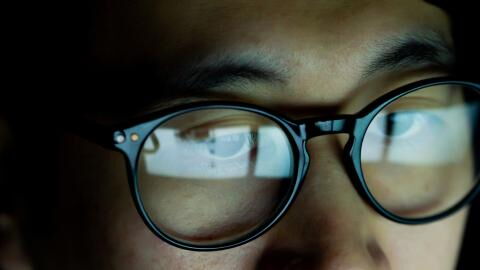In November 2018, He Jiankui, a Chinese researcher announced in a shocking video on YouTube that he had modified the genes of an unborn set of twins. This announcement was followed by uproar from the scientific community. The scientist said he used the CRISPR-Cas9 technique, also known as ‘genetic scissors’, which means that the researcher replaced a part of the twins’ genomes.
Discover our latest podcast
According to the researcher, these twins will be born with a very high resistance to the AIDS virus and other conditions such as smallpox. He Jiankui’s work apparently focuses on the CCR5 gene, which is a receptor of the AIDS virus. The scientist has been said to have recreated a mutation, only present in 1% of the European population, that makes those who carry the gene naturally resistant to the AIDS virus. The scientist has been criticised by the global community and was fired from the University he worked at.
A shorter life expectancy for the twins
According to a study published in the Nature Medicine journal, people with two copies of this mutation in their DNA are less likely to reach 76 years old.
‘They are 20% less likely’ explains Xinzhu Wei, professor at University of California, Berkeley in the United States and Rasmus Nielsen, researcher at the University of Copenhagen in Denmark and co-authors of the study.
The scientists used British databases from UK Biobank that contain genetic data from 400,000 volunteers in the country. We don’t yet know exactly why these people are more likely to die younger, but theorists have an idea: the mutation effectively protects the body from the AIDS virus, but makes people more susceptible to the flu, which is more common and widespread than HIV. He Jiankui is now facing a judicial investigation, and he stated a short while after his announcement that another woman was also pregnant, which would raise the number of ‘genetically modified children’ to 3.
Take a look at the video above for more details.















